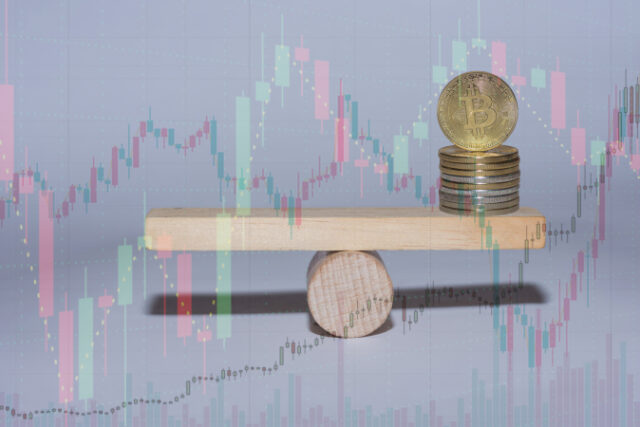
Many investors view Bitcoin as an inflation hedge, increasingly accumulating it in more extensive reserves to protect their assets. Bitcoin has a diminishing supply and a growing market demand that gives it a competitive edge against inflationary risks. While Bitcoin remains a highly volatile asset, some experts say its price movements have not corresponded with inflation in recent years.
Why Bitcoin Is Good for Inflation
The main reason why many investors believe Bitcoin is a good inflation hedge is its unique supply and demand economics. Unlike the USD or even gold, with a central authority to regulate its supply, Bitcoin is a decentralized asset. Bitcoin inventors, Satoshi Nakamoto, capped its supply at 21 million tokens only.
Based on the Bitcoin protocol, miners generate new coins by solving complex math puzzles at a standard predetermined rate. They have already mined about 19 million Bitcoin tokens circulating in the market. Besides, Bitcoin’s supply is also subject to halving. That reduces the number of rewards offered to miners by half every four years.
Meanwhile, the supply of the USD and other traditional assets increases over time, based on political influences. That enables Bitcoin to attract a higher value in US dollars. For instance, the value of Bitcoin would double if the supply of USD increases two-fold. However, the markets may not always work that way.
Bitcoin’s Correlation to Inflation
Experts argue Bitcoin did not show any characteristics before the pandemic, and it gained popularity in 2017 before going under in 2018 and 2019. That had nothing to do with inflation. The M2 money supply increased by 25.3% over that period, and gold would have been the best natural hedge, rising by 51.9%.
Some analysts also say Bitcoin has not acted as a hedge more recently, with growing inflation all year long. Bitcoin’s prices have continued to move up and down over the last decade. However, they have not indicated any meaningful correlation with inflation or growth stocks in the previous year.
Nevertheless, several investors and leading crypto trading platforms such as bitcoinup have recently reported a rise in Bitcoin prices. Experts argue that is a speculative move driven by millions of people with excess stimulus cash and ample time to trade in the lucrative crypto market. The trend has brought in more institutional money, pushing Bitcoin prices even higher.
Bitcoin will indeed become an inflation hedge if its adoption continues in the current trend. If more economies, individuals, and companies transfer most of their assets into Bitcoin, it would attain a more stable value and offer more protection from inflation. However, we are not yet there as Bitcoin prices remain unstable.
Bitcoin has been on a bull-run for nearly two years, and a decline was inevitable. That is true because Bitcoin is still a speculative asset, and even the basis of its current valuation of almost $2 trillion is its potential future growth. Like other speculative assets, Bitcoin remains vulnerable to uncertainty. Thus, things could go in many different directions without any warning. A major downward shock could do significant harm to future-oriented assets.
Investors and economists have different opinions about Bitcoin’s role as an inflation hedge. However, they both agree Bitcoin demonstrates unique qualities, with a better resilience to inflation than traditional assets.
Disclaimer
The information contained in South Florida Reporter is for general information purposes only.
The South Florida Reporter assumes no responsibility for errors or omissions in the contents of the Service.
In no event shall the South Florida Reporter be liable for any special, direct, indirect, consequential, or incidental damages or any damages whatsoever, whether in an action of contract, negligence or other tort, arising out of or in connection with the use of the Service or the contents of the Service. The Company reserves the right to make additions, deletions, or modifications to the contents of the Service at any time without prior notice.
The Company does not warrant that the Service is free of viruses or other harmful components












